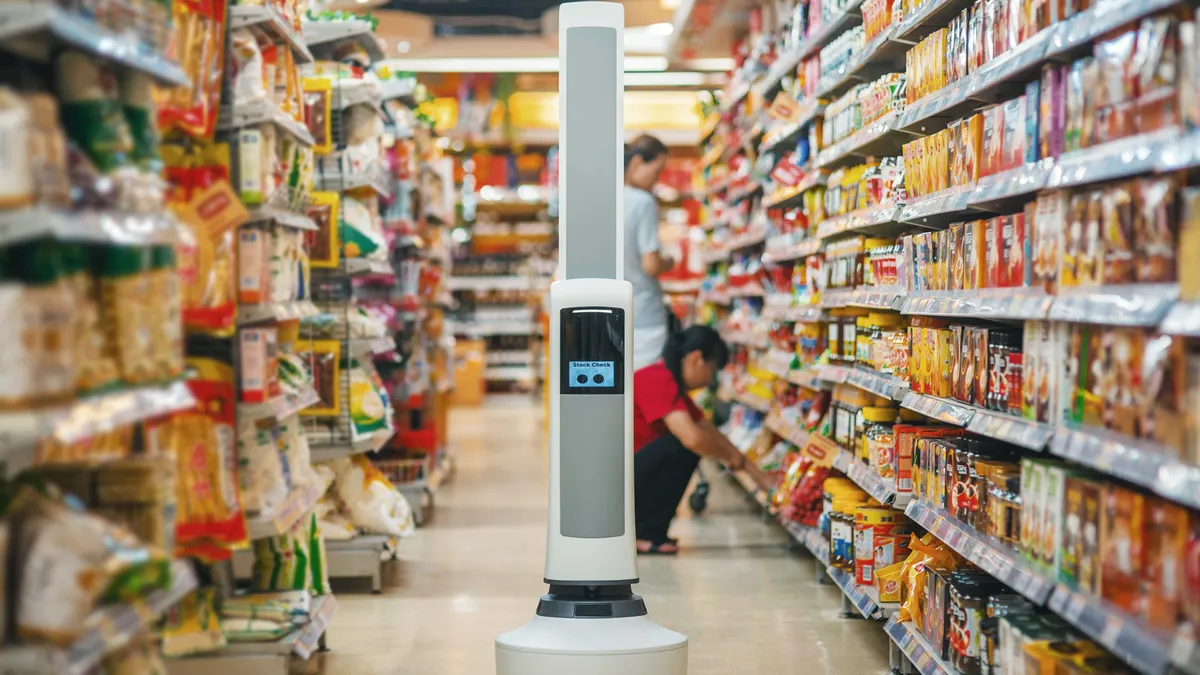Dive Brief:
- Online shopping, new digital technologies and growing channel fragmentation are increasing the demands on U.S. consumer packaged goods (CPG) supply chains, according to a report produced by the Boston Consulting Group (BCG) and Grocery Manufacturers Association (GMA).
- The report suggests online grocery poses a particular challenge to CPG companies. Half the growth in North American grocery sales will come from e-commerce, but only 6% of CPG companies have dedicated e-commerce supply chain teams.
- CPG supply chain leaders cited logistics costs and customer service as some of their biggest concerns. CPG companies already bear about 60% of logistics costs, according to the report, and that burden could increase.
Dive Insight:
A consumer demand for instant gratification is wearing thin on many CPG suppliers.
Just under half of respondents in the BCG survey said customer service was a top concern. The desire for quick delivery and turn around has put a crunch of retailers — and that means their on-time requirements for CPG companies are more stringent.
Suggestions for narrowing the gap between CPG suppliers and e-commerce buyers include such offerings as consumer direct pallets, as well as partnering with startups likely to be making incursions on traditional shelf space.
Further, the purchase of Whole Foods by an e-commerce master was meant to redraw the lines between traditional and e-commerce grocery shopping, yet reports of progress remain uncertain.
With e-commerce growing, CPG companies must rely even more on freight to transport their good through numerous channels. Capacity shortages don't help an already tough situation — especially as CPG manufacturers bear the brunt of shipping costs from plant to store.














